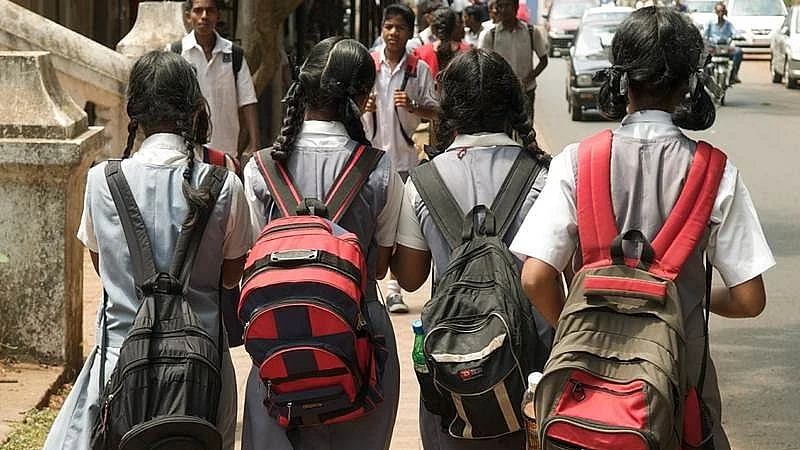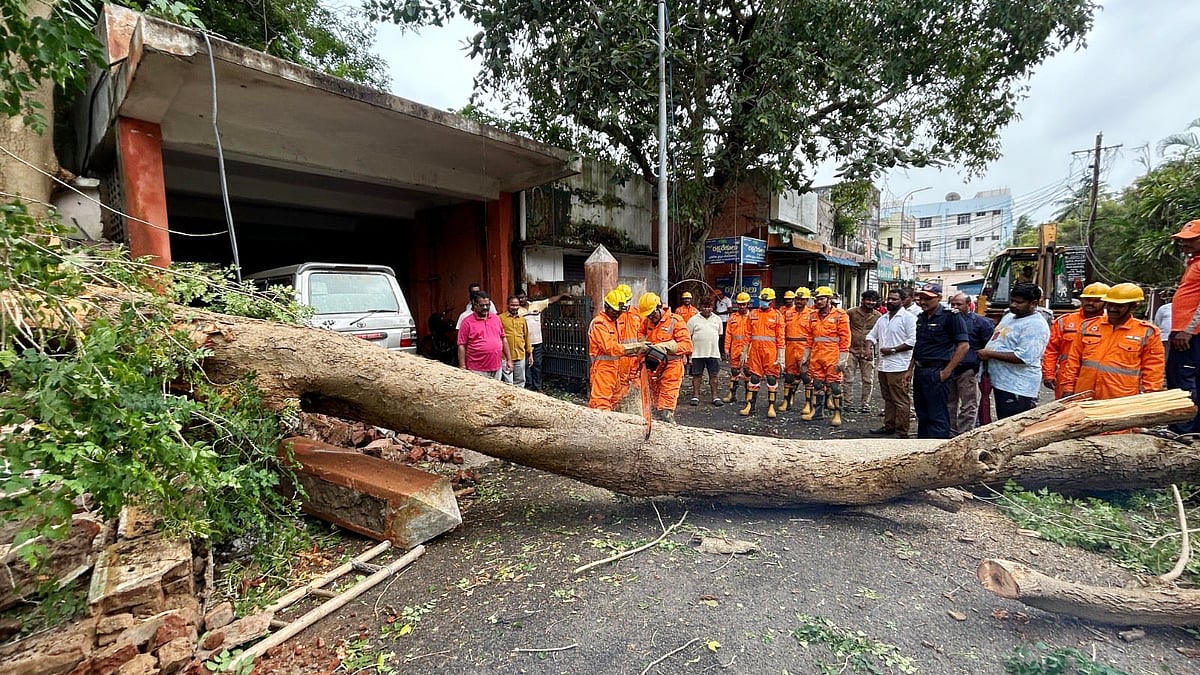Ahmedabad: A 16-year-old pregnant rape survivor seeking permission to abort her 7-month foetus was administered a lesson in Manusmruti by a Gujarat High Court judge, who told her that in the past used to get married at 14 or 15 and became mothers by 17. A single-judge bench of Justice Samir Dave also observed orally that it is the 21st century now otherwise it was normal to deliver at 17 in the past and advised her to read Manusmruti. The girl is pregnant for the last nearly 28 weeks.
What is Manusmriti?
Manusmruti is an ancient Hindu text, authored by Manu, which codifies laws and rules of societal conduct. The judge’s observations came when the girl’s advocate pleaded for an early hearing, pointing out that she was expected to deliver on August 16. The judge then sought a medical opinion from a hospital in Rajkot, from where the girl hails, and posted the hearing for June 15. Justice Dave told the girl during the hearing on Thursday to ask her “mother or great-grandmother” about the age of marriage and observed that a gap of “four or five months doesn’t make a difference”.
“Because we are living in the 21st century, ask your mother or great-grandmother, 14-15 was the maximum age (for getting married). The child used to take birth before the age of 17,” he said. Justice Dave surmised, “Four or five months here and there doesn’t make a difference. You will not read it, but do read Manusmruti once for this.”
Judge: Child may be born alive during termination procedure
Meanwhile, the judge also expressed his apprehensions that the child may be “born alive during termination procedure”. And went on to ask, “If this happens, who will look after the child? Can a court permit killing the child, if she is born alive?”
He informed the advocate that the court would need to consult the social welfare department. Justice Dave added, “You also start looking for adoption options.”
The Medical Termination of Pregnancy (MTP) Act, as amended in 2021, allows abortions up to 24 weeks for rape survivors. The law sanctions termination beyond 24 weeks only in case of substantial foetal abnormalities. However, a constitutional court can invoke its extraordinary powers to sanction termination of pregnancy beyond 24 weeks in appropriate cases.











